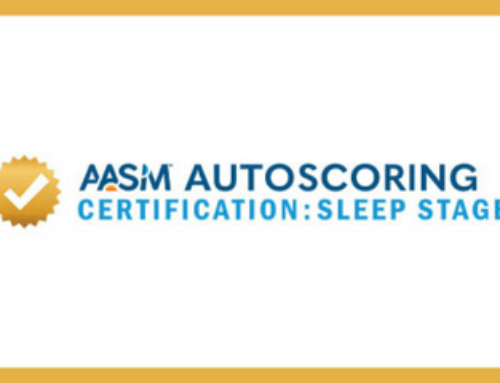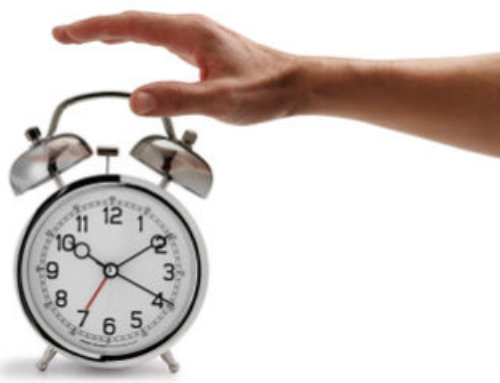DARIEN, IL – Today the American Academy of Sleep Medicine (AASM) issued a health advisory to warn the public that pure caffeine powder is highly potent and potentially dangerous. The AASM joins the U.S. Food and Drug Administration (FDA) in advising consumers to avoid this potentially lethal stimulant, which is sold in bulk by some retailers as a synthetic dietary supplement.
Caffeine is a natural chemical found in coffee, tea and chocolate. As a stimulant that can improve short-term alertness and performance following sleep restriction or sleep loss, caffeine is generally recognized as safe when used in moderation.
However, in some bulk preparations, a single teaspoon of pure caffeine is roughly equivalent in potency to 25 cups of coffee. As a result, the serving size of powdered pure caffeine is so small that it is nearly impossible to measure accurately in the home. Therefore, the risk of accidentally consuming a potentially fatal overdose of caffeine powder is high.
“No amount of caffeine can replace healthy sleep, which is essential to daily performance, cognitive function and mood. However, caffeine can effectively increase your alertness but should be used in moderation,” said Dr. Kelly Carden, member of the AASM board of directors. “Powdered pure caffeine is nearly impossible to moderate, and is therefore unsafe for public consumption and should be avoided.”
Caffeine can have a disruptive effect on your sleep, making it difficult to fall asleep at night and reducing total sleep time. Caffeine also can reduce the quality of your sleep and the quantity of your deep sleep.
Caffeine works best on an intermittent basis, and, like most substances, should be used in moderation. It’s best to avoid caffeine in the late afternoon and evening while limiting daily caffeine consumption to about 300 mg to 400 mg, which is equivalent to about three to four eight-ounce cups of coffee.
“Although a morning cup of coffee can be an enjoyable part of your daily routine, relying on caffeine to stay alert throughout the day is a sign that you’re not getting enough healthy sleep,” Carden added. “Make it a priority to get 7-9 hours of sleep each night, and talk to your doctor if you have ongoing trouble sleeping at night or staying awake during the day.”
For more information, or to find a local AASM accredited sleep center, visit www.sleepeducation.org.
About the American Academy of Sleep Medicine
Established in 1975, the American Academy of Sleep Medicine (AASM) improves sleep health and promotes high quality patient centered care through advocacy, education, strategic research, and practice standards. With nearly 10,000 members, the AASM is the largest professional membership society for physicians, scientists and other health care providers dedicated to sleep medicine. For more information, visit www.aasm.org.
CONTACT: Katie Hatcher, L.C. Williams & Associates, (800) 837-7123 or (312) 565-3900, khatcher@lcwa.com








